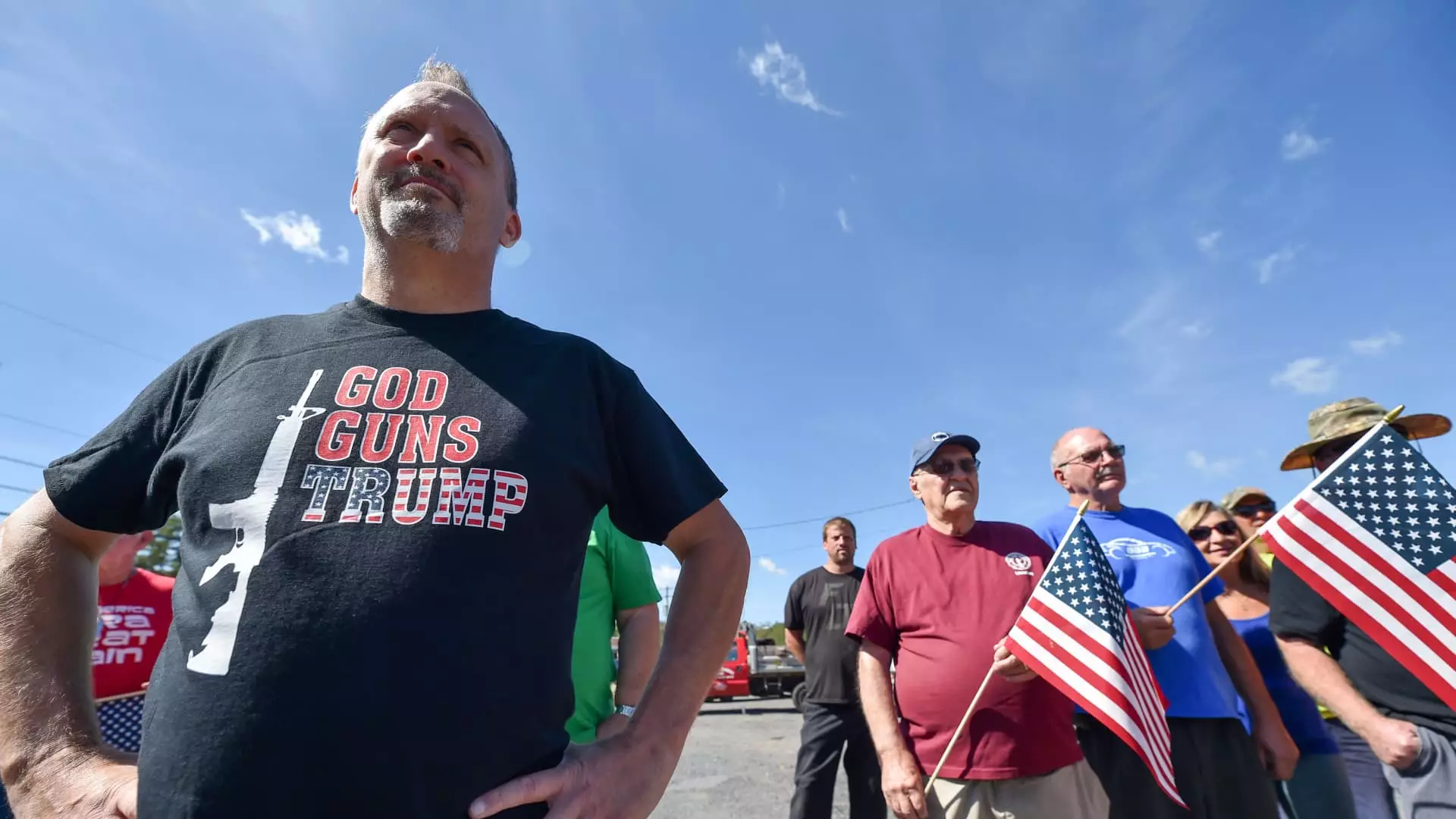In a climate of increasing global awareness surrounding safety and security, perceptions of gun violence significantly shape travel intentions, particularly among travelers from Southeast Asia. A recent survey commissioned by CNBC Travel and executed by Milieu Insight reveals how the high prevalence of firearms in the United States affects travel decisions. While a majority of respondents express concern over the risks associated with gun violence, many are still inclined to visit the United States. This paradox raises important questions about how personal experiences and broader societal issues intertwine to influence tourism.
The survey engaged 6,000 travelers from six Southeast Asian countries: Singapore, Indonesia, Malaysia, Vietnam, the Philippines, and Thailand. Among these respondents, over 90% indicated that the issue of gun prevalence in the U.S. bears significant influence on their travel plans. Notably, Hawaii emerged as the most secure state regarding gun violence, while Texas was viewed as the least safe. Other states in consideration included New York, California, Florida, Nevada, Arizona, and Washington D.C. Despite these alarming perceptions, an optimistic 56% of participants stated they are likely to visit the U.S. in the near future.
An interesting trend arises for those with previous experience in the U.S. While 59% of repeat visitors express intentions to travel back, 74% acknowledge that gun violence is a more pressing issue today than in prior years. Antarika Sen, associate research director at Milieu Insight, highlights the dual nature of personal experience, suggesting that it can enhance awareness without necessarily deterring future visits.
The survey results revealed that while interest in traveling to the United States remains strong, the impact of perceived safety heavily weighs on attendees at mass gatherings, such as concerts and festivals. Approximately 80% of respondents stated that their likelihood of participating in such events is influenced by the prevalence of firearms. This statistic emphasizes a growing awareness among potential tourists regarding safety in social spaces, hinting at broader social dynamics that travelers consider before planning outings.
Amid rising anxiety about gun violence in the U.S., a divergence in interest emerges based on nationality. For instance, travelers from Vietnam, Indonesia, and the Philippines exhibited notable concern about gun prevalence, with participation rates indicating that they are still keen to explore U.S. tourism. Vietnam leads with 79% of its respondents worried about gun violence, yet 73% are still likely to visit the U.S. in the coming years. Meanwhile, Singaporeans demonstrated a higher level of resistance, with only 24% expressing an intention to travel to the U.S. soon.
One of the more revealing findings of the survey concerns the impact of U.S. political events on travel interests. More than a quarter of all respondents claimed that the outcome of the upcoming presidential election would influence their decisions to visit the country. Notably, 23% expressed decreased interest in visiting should Donald Trump win reelection, whereas only 9% indicated a similar response to a potential Kamala Harris victory.
The concept of “migrant crime,” a term often used in political rhetoric, also surfaced in the participants’ concerns. While official crime statistics do not substantiate claims of an upsurge in crimes perpetrated by migrants, over two-thirds of respondents had heard about this narrative, with 27% considering it a major deterrent to visiting the United States.
Equally alarming are the concerns about race-related violence and discrimination. The survey revealed that nearly three-quarters of travelers were concerned about the possibility of experiencing violence based on their racial identity when visiting the U.S. Filipino respondents particularly highlighted these fears, with an overwhelming 81% expressing concern about racial-based violence. This statistic brings attention to the intersection of ethnicity and safety, which enhances the complexity of travel decisions for Southeast Asians.
The COVID-19 pandemic has exacerbated these concerns, with two-thirds of respondents believing that the risks of physical and verbal abuse have risen since the onset of the pandemic. Social media emerged as the primary source of information regarding safety in the U.S. (61%), followed closely by international news (55%). These findings suggest that the channels of information travelers rely on can significantly affect their perceptions of safety, which ultimately shapes their travel intentions.
The findings of this survey reflect a multifaceted landscape where perceptions of safety, political narratives, and experiences intertwine to shape travel intentions among Southeast Asian visitors. The high awareness of gun violence and racial issues juxtaposed with a solid interest in visiting the U.S. paints a complex picture. As travelers navigate their preconceptions against the backdrop of current events and media, understanding these dynamics becomes essential for the tourism industry and policymakers alike. The demand for safer travel experiences must be acknowledged and addressed to ease the concerns of potential international visitors.

